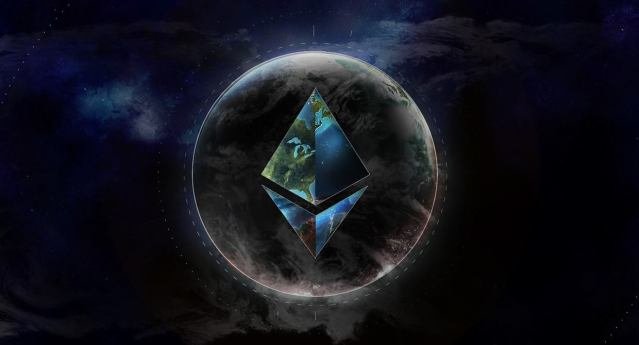
hi steemers
Warren Buffett is often called the ‘Oracle of Omaha’ because of his legendary ability to pick the right investments. Making sound decisions is thus important: it is based on good decisions that we can expect good outcomes.
Collectively the markets can play the role of an oracle as well. What if we could devise a system which would use the collective wisdom of the markets to help form better policy or devise effective governance models that could actually deliver.
Can we come up with a system that would allow poor countries to make better decisions for their upliftment or help people perceive how their future might unfold? What if it was possible to create an entire prediction market? Ethereum offers a unique opportunity to do just that.
A prediction market to gauge the future
Gnosis is based on Ethereum and aims to offer a prediction market as a service. Their aim is to enable people to figure out what is going to happen in the future. They want to act as an oracle and will allow users to create events and fund them as either single investors or as a crowdfunded campaign for this purpose.
Shaping policy with markets
The prediction markets can provide useful data that can be used to create a governance model termed as ‘Futarchy”. This can be useful to reshape policy for a wide array of topics.
One example can be the plans of Gnosis to reshape their own Decentralised Autonomous Organisation (DAO). Gnosis plans to create a platform level DAO that will allow anyone to suggest to veto a funding proposal that has been created by the core team.
After a veto opens it will trigger a futarchy mechanism that creates two types of Gnosis tokens Matt Liston explains:
“One token (A) has a value of one Gnosis token if the proposal passes, and the other (B) has that value if the proposal does not pass. These tokens will be tradable on a market. Those participants who believe the proposal is not in the best interest of Gnosis should sell token A and keep token B. Conversely, those who support the proposal should sell token B and keep token A. In this way, the exchange rate between these tokens represents the demand for a proposal to pass or not pass. After a certain amount of time the decision is made corresponding to the token with higher value.”
Need for experimentation
One of the issues with DAO has been the lack of good old-fashioned lab testing. Gnosis told us that they are not convinced that the participation and consensus requirements for funding projects in the DAO was sufficient.
This rings true considering traditional funds require a far more stringent agreement before they would finance a project. It is also true that traditional funds usually have onboard paid experts.
Gnosis though are excited about future possibilities related to DAO governance, they say:
“We have received a generous Ethereum Dev grant which will be used to test some of the cryptoeconomic assumptions for Futarchy, particularly how easy it will be for actors to manipulate market values when incentive is provided. We hope that this, and tools which we will create, will form a foundation for future DAO governance work.”
The DAO fork may open a can of worms
Although Gnosis themselves have not made any hard predictions on the coming hard fork in Ethereum after the DAO incident, we did ask them what they thought about it.
Matt Liston remarked:
“I hope that the hard fork does not open a can of worms in terms of precedent, however I believe that it is the more practical decision. Some will argue that the hard fork contradicts principles of immutability. However, the hard fork is limited to modifying transactions related to the attacker DAO and the process of deciding on a hard fork is a form of social consensus which is coded into the system itself.”
Ethereum story is not yet finished even after the problem that comes from having
Ethereum world computer
thank you for reading